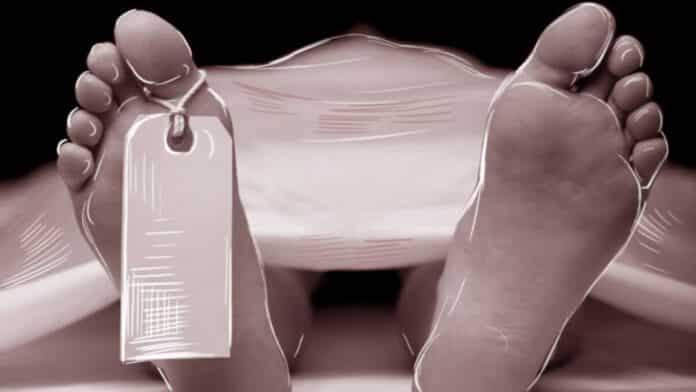A Criminal Trial is going on against an accused and during the trial the accused dies, then what will happen to those criminal proceedings. This Article attempts to answer this question:
The Code of Criminal Procedure, 1973 is a procedural law providing the mechanism in which manner the criminal trials are to be conducted on the basis of substantive criminal law i.e., IPC and other criminal statutes.
The primary object of the criminal justice system is to ensure that the trial must be fair and just. Once the cognizance has been taken of a particular case then CrPC comes into force. First, a complaint is registered with the police, the police then conduct a primary investigation.

Based on the investigations made, the police arrest the suspects and frame charges against them in relevance to the offenses committed by them.
After framing of charges these suspects become the accused of the case. The case then proceeds for trial in component court. A full trial is then conducted by the competent court.
During the trial, a statement of witnesses is recorded, evidence that has been found is examined, and contentions of the accused and the complainant are heard by the competent court. After completion of the full trial, the court passes the final judgment wherein the accused is either convicted or acquitted.
However, it is pertinent to know that not every trial leads to a conviction or acquittal. Sometimes the trial ends in the middle without any final judgment with respect to conviction or acquittal.
Death of the accused in a case is one such instance wherein a trial ends in the middle without any final judgment. The ultimate object of any criminal proceedings is to punish the accused on his conviction of any offense. However, if the accused dies before the full trial is conducted then the proceedings of the case need to be abated.
Continuance of the trial proceedings after the death of the sole accused is considered to be infructuous and meaningless. Express provision for abetment of the trial proceedings after the death of the sole accused is not available in CrPC but it is a well-established doctrine through various Supreme Court and High Court Judgments.
Provision for abetment of appeals after the death of accused:
Although express provision to abet the trial proceedings after the death of sole accused in a case is not present in the CrPC still express provision for abetment of appeals after the death of the accused is given in the CrPC. Section 394 deals with the abetment of appeals. It provides that appeals arising out of conviction should abet if the sole accused dies during the pendency of the trial.
Also Read
Sentence of Fine cannot be abated:
Section 394 has one limitation. Appeals that have arisen from the sentence of fine cannot be abated even if the accused dies before final disposal of the appeal.
In Jan 2020, the supreme court in the case of Ramesan (Dead) through Lr. Girija Vs the State of Kerala held that abetment of appeal on the death of accused under section 394 of the CrPC can be effected only if the conviction is in the sentence of death penalty or imprisonment. Abetment of appeals arising out of a sentence of fine cannot be abated under section 394 of the CrPC. The appeals cannot be abated even if the sentence is of a combination of imprisonment with a fine. The SC held that sentences with imprisonment and fine both should be considered as sentences of fine for the consideration of section 394 of the CrPC and thus such appeals should not be abated.
In the case of Ramesan Vs state of Kerala, the sentence of imprisonment was upheld and was labeled as unworkable as the accused had died. The sentence of fine imposed on Ramesan(accused) was also upheld. The fine would be paid from the assets or properties of Ramesan.
What if there are multiple accused in a case?
If there are multiple accused in a case and if one of them dies then the law suggests that only the deceased should be abated from the charges. Legal proceedings should be continued against the other accused persons. The death of one accused should not have any effect on the proceedings against the other accused.
In the case State of Tamil Nadu Vs. Nirmala[2018 ALL MR (Cri) 440 (SC)] the Supreme Court held that even if the main accused in a case dies, the trial proceedings against other accused cannot be abated.
Conclusion:
Thus it can be concluded that if there if sole accused in a case dies then:-
a) Trial proceedings against him will be abated
b) If he has been convicted he preferred an appeal against the conviction, then the appeal will also abate if dies during the pendency of the appeal
c) Appeal against a sentence of fine will not be abated
If one out of multiple accused dies then:-
a) Trial proceedings against other accused will continue
b) Hearing of appeals of other accused will continue
Story by Harshwardhan Pawar – Intern







